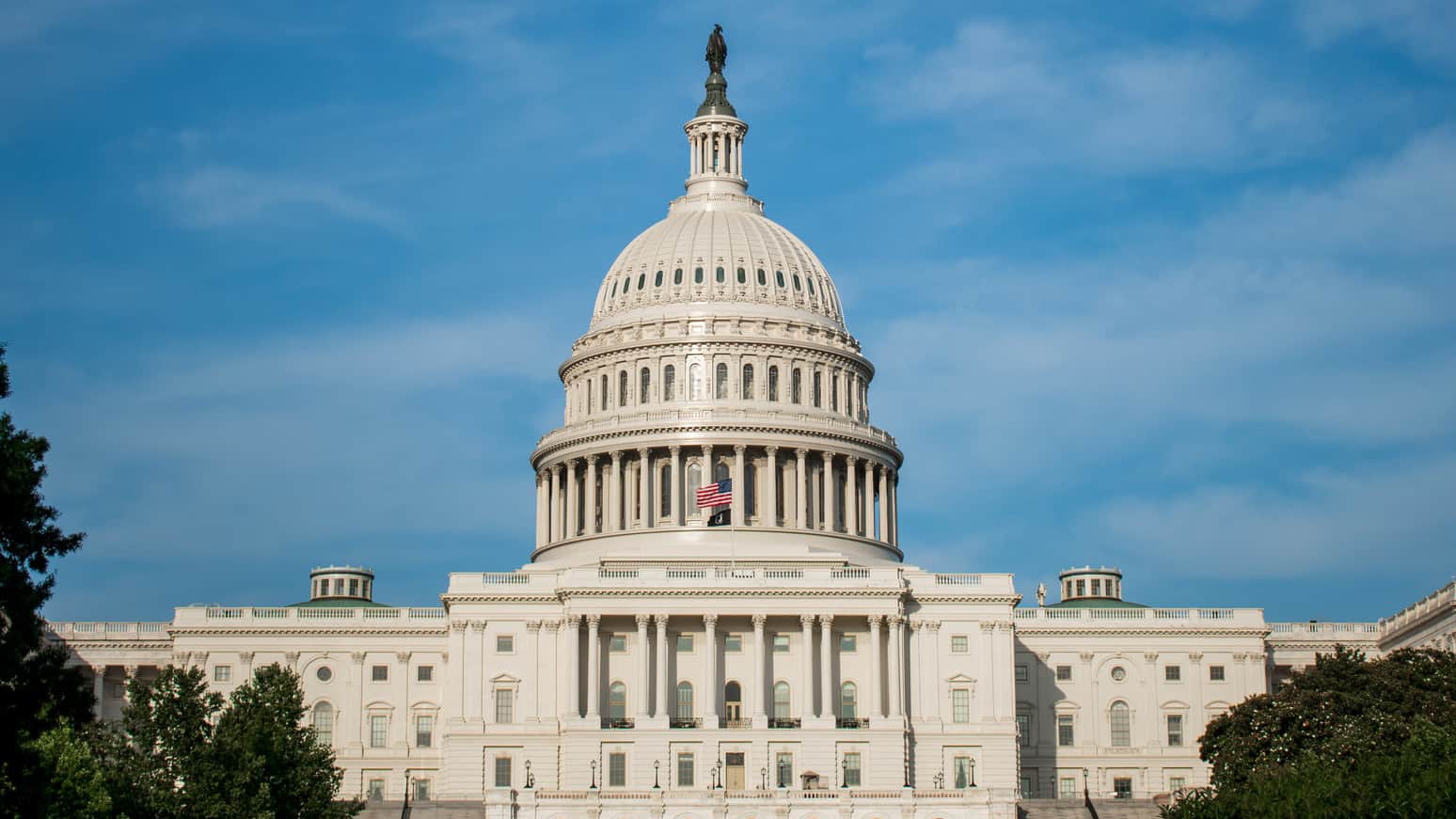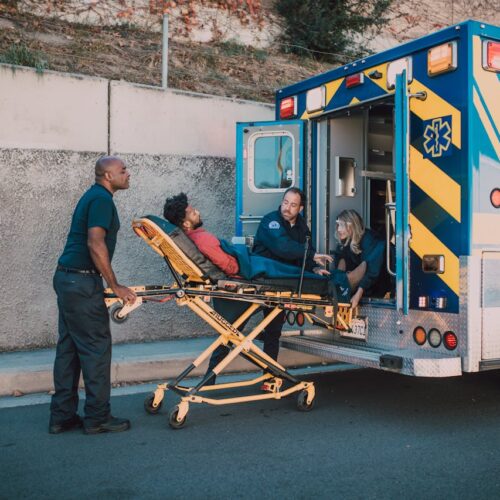
U.S. Senate Judiciary Committee Approves Bill to Address Debt-Based Driver’s License Suspensions
In more than half of the states across the nation, people can have their driver’s licenses suspended, revoked, or banned from renewal simply because they failed to pay a fine, a fee, or other debts accrued while in the criminal justice system. These debts are often for reasons unrelated to driving or traffic violations, but they can still affect millions of Americans’ ability to do everyday activities, such as going to work, picking up their children from school, making medical appointments, or going to the grocery store.
Last month, the Senate Judiciary Committee overwhelmingly approved the Driving for Opportunity Act of 2021. If passed, this legislation, which was championed by U.S. Sens. Chris Coons (D-DE) and Roger Wicker (R-MS), will create incentives to stop debt-based driver’s license suspensions by providing targeted and voluntary grants to states that choose to end these suspensions. The bill is cosponsored by several members, such as Senate Judiciary Committee Chairman Dick Durbin (D-IL) and Ranking Member Chuck Grassley (R-IA), as well as Sens. Chris Van Hollen (D-MD), John Boozman (R-AR), Richard Blumenthal (D-CT), Joni Ernst (R-IA), Ron Wyden (D-OR), Thom Tillis (R-NC), Cory Booker (D-NJ), Sheldon Whitehouse (D-RI), and James Lankford (R-OK).
“Millions of Americans have suspended or revoked driver’s licenses solely because they haven’t paid court fines, not for public safety reasons,” said Ranking Member Grassley in his prepared remarks during the committee markup of the bill. “This system is flawed. If the government wants people to pay fines, then the government shouldn’t prevent them from getting to work. This catch-22 is tough on rural states, and also those with criminal records trying to reenter society by having gainful and lawful employment. The ability to drive is often critical for successful reentry and very well could play a role in reducing recidivism.”
What would the bill do?
- Authorize the U.S. Department of Justice (DOJ) to make grants to states that do not suspend, revoke, or refuse to renew a person’s driver’s license based on a failure to pay a civil or criminal fine or fee.
- Award grants to (1) cover the costs incurred by a state to reinstate driver’s licenses previously suspended for unpaid fines and fees; (2) maximize the number of individuals with suspended driver’s licenses eligible to have driving privileges reinstated or regained; (3) provide assistance to people living in areas where public transportation options are limited; and (4) ease the burden on states where state or local laws that permitted the suspension or revocation of, or refusal to renew, driver’s licenses or the registration of a motor vehicle based on the failure to pay civil or criminal fines or fees were in effect during the three-year period ending on the date on which a state applies for or receives a grant under this bill.
- Authorize the appropriation of $20 million annually over the 2022-2026 period for the program and would cap grants at 5 percent of the amount a state is allocated under DOJ’s Justice Assistance Grant program.
- Require the Government Accountability Office to study the implementation of the grant program authorized by this bill, including the known effects of repealing state laws that have permitted the suspension, revocation, or refusal of a driver’s license or motor vehicle registration based on the failure to pay civil or criminal fines or fees.
The Driving for Opportunity Act of 2021 is supported by a broad coalition of groups, including the Fines and Fees Justice Center, the American Civil Liberties Union, Americans for Prosperity, Americans for Tax Reform, FreedomWorks, U.S. Chamber of Commerce, National District Attorneys Association, the Fraternal Order of Police, Major County Sheriffs of America, the Major Cities Chiefs Association, American Association of State Highway Transportation Officials, Prison Fellowship, National Association of Criminal Defense Lawyers, Civil Rights Corps, Due Process Institute, Fair & Just Prosecution, Lawyers Committee for Civil Rights Under Law, Vision Zero Network, SPLC Action, The Libre Initiative, Law Enforcement Action Partnership, and Digital Library.
A version of the bill, introduced by U.S. Reps. Mary Gay Scanlon (D-PA), Brian Fitzpatrick (R-PA), Gwen Moore (D-WI), and Guy Reschenthaler (R-PA), passed the House Judiciary Committee in April 2021 by a vote of 23-17. The legislation must now pass the House and Senate and be signed by the president to become law.
Photo credit: Elijah Mears on Unsplash
In response to growing calls for police reform in New Jersey, particularly following the shootings of Najee Seabrooks…
Read More Three Things to Know About New Jersey’s Groundbreaking Community Response Legislation
Three Things to Know About New Jersey’s Groundbreaking Community Response Legislation
In response to growing calls for police reform in New Jersey, particularly…
Read More Apply Now: Join a Learning Community for Community and Crisis Response Teams to Improve Responses to Youth
Read More
Apply Now: Join a Learning Community for Community and Crisis Response Teams to Improve Responses to Youth
Read More
 Apply Now: Join a Learning Community Focused on Substance Use and Overdose Community Response Programs
Read More
Apply Now: Join a Learning Community Focused on Substance Use and Overdose Community Response Programs
Read More













